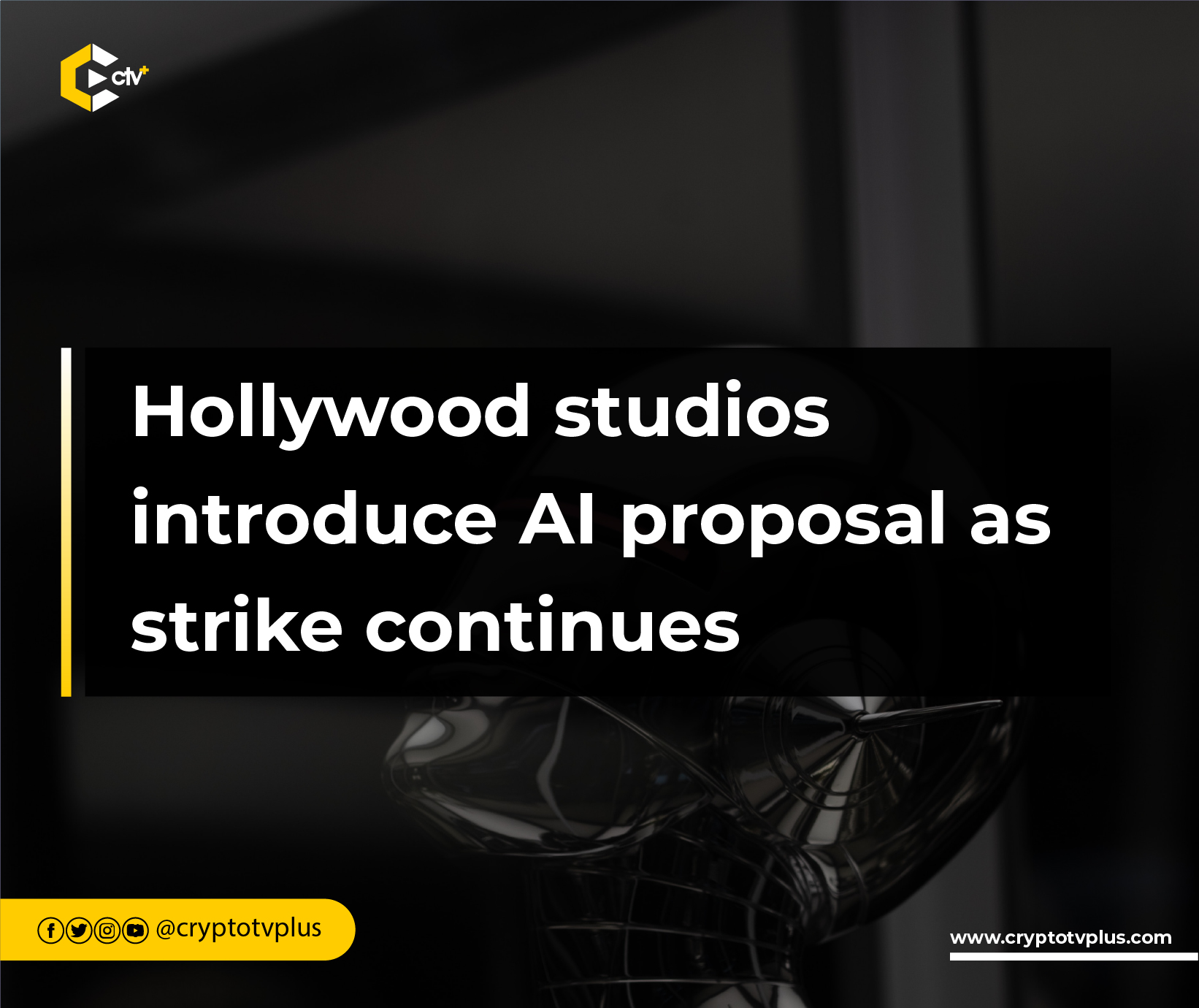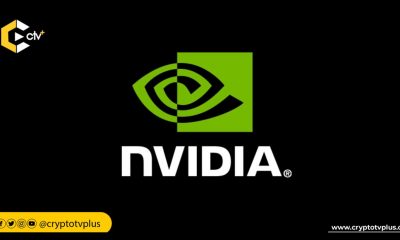News
Hollywood studios introduce AI proposal as strike continues

To address the ongoing strike issues, the Alliance of Motion Picture and Television Producers (AMPTP) has revealed a comprehensive proposal that establishes new standards for the use of artificial intelligence (AI) and data transparency within the entertainment industry.
Unveiled on August 22, the proposal addresses the concerns of striking actors and writers and provides clarity on the role of AI-generated content.
The Alliance of Motion Picture and Television Producers (AMPTP) serves as an entity representing prominent film studios and television production companies in labor negotiations, contracts, and industry-related matters.
It operates as a collective bargaining entity on behalf of its member companies during negotiations with entertainment industry labor unions, including those representing actors, writers, directors, and other industry professionals.
Also, the use of artificial intelligence has gained entrance into the entertainment industry. While it appears to give leverage to professionals in the industry, there are concerns related to its impact on human creators’ roles, copyright issues, ethical considerations like deepfakes, data privacy risks, and potential biases in content.
Hollywood actors on strike
According to CBS News, about 65,000 Hollywood actors have commenced a strike to demand higher pay amidst inflation and rapid transformations within the entertainment industry.
The protest has led to the suspension of productions and came after the Writers Guild of America’s request to ban AI from the writing process was rejected by studios on May 3.
The actors contend that their conventional income, which relies on residuals from movie and TV appearances, has drastically decreased due to streaming platforms. This has made it nearly impossible for most actors to sustain themselves financially.
The Screen Actors Guild-American Federation of Television and Radio Artists (SAG-AFTRA) states that major studios, including Apple, Amazon, Netflix, NBCUniversal, Sony, and Paramount, have refused to engage in negotiations for increased pay and sharing of streaming revenues with performers.
Details of the proposal
According to AMPTP, content produced by generative AI will not be recognized as the work of a writer. Consequently, any AI-generated material will not carry the same literary or intellectual protection as human-created content.
It further added that content generated by AI cannot impact credits, rights, and compensation. While companies can employ AI-created scripts as source material, writers who modify these scripts will be compensated as original authors.
Furthermore , studios and production companies that seek a writer’s assistance in developing an AI-generated script must transparently disclose the origin of the script. AMPTPT said that this provision is designed to uphold integrity and acknowledge the contribution of writers.
Other concerns addressed by the proposals include data transparency suggesting that enhanced transparency will empower the Writers Guild of America (WGA) to formulate guidelines for future restructuring of the current SVOD residual system.
Despite the controversies, it is apparent that significant production companies are exploring AI integration. Netflix, for instance, advertised AI job positions on July 27, offering substantial salaries of up to $900,000.
“YouTube’s Integration of AI”
In the midst of the challenge involved in bringing AI into the entertainment industry, YouTube has taken a step to address concerns in the industry related to creators as well as consumers of AI content.
YouTube’s AI music initiative encompasses three fundamental principles: embracing AI responsibly, protecting creative expression, and scaling trust and safety measures.
The platform aims to collaborate with the music industry through the “Music AI Incubator” and adapt its safeguards for the new era of AI-generated content.
Read also; BIS raises concerns about crypto risks in emerging markets

























122 Comments